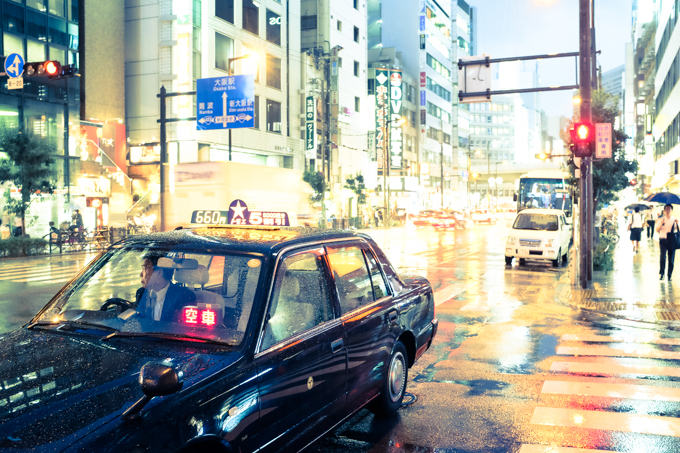
But as part of plans for the 2020 Tokyo Olympics, hundreds of taxis in the capital city are gearing up to go full-robot, doing away with their driver altogether to offer rides in self-driving cars.
The government has been talking of such a move for the last couple of years, and this week Tokyo-based robotics maker ZMP announced it’s inked a deal with local taxi firm Hinomaru Kotsu to make it a reality, Reuters reported.
Similar to companies like Waymo, ZMP is developing automated driving technology — both software and hardware — that uses lasers, sensors, cameras and other equipment to guide a driverless car and its occupants safely through traffic.
The company has been testing its technology on the roads of Tokyo since last year with a view to incorporating it into a fleet of taxis ready to transport athletes and sports fans around the city during the Olympics and beyond. While current tests involve an engineer in the driver’s seat monitoring the car’s progress, the plan is to have a car on the road without a safety driver by the end of this year.
A number of competing taxi firms in Japan’s capital are also interested in putting autonomous cabs on the road, with some turning to local car giant Toyota for help with the technology.
Japan’s self-driving plan for the Olympics isn’t only a way for the nation to showcase its advanced technologies. Such a system could also help relieve the pressure on taxi companies which, because of the nation’s declining birth rate and resulting fall in the number of available workers, are finding it increasingly hard to find new drivers.
“We’ve been trying to improve diversity by hiring more new graduates, women, and foreigners, but this will not be enough to ease labor shortages,” Kazutaka Tomita, Hinomaru president, told Reuters, adding, “We’ll have to compensate for the lack of supply by using autonomous driving technology.”
ZMP boss Hisashi Taniguchi promised that “autonomous taxis and the taxi industry can grow and prosper together” as he looked forward to transforming the streets of Tokyo with driverless cars.


